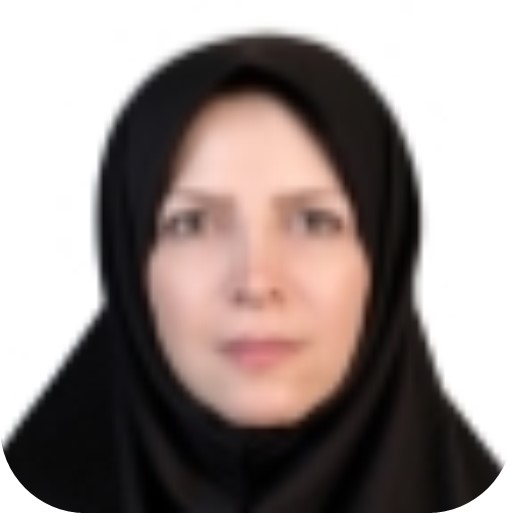Event Details
This side-event was organized by Statistics Norway. It took place online on 15 November 2021, from 14:30 to 16:00 hrs, Bangkok time.
Background:
One of the greatest benefits of a having a good CRVS system is that the data can be used to update population registers for administrative and statistical purposes, including conducting register-based censuses. Such censuses cost significantly less, provide more timely results and can be conducted more frequently than traditional censuses. A population register, together with the use of unique ID numbers, can also be important for improving the quality and coverage of the CRVS system by making sure that all vital events in the population are registered and that they are correct.
The interest in censuses that utilise administrative data is increasing. Besides the lower costs, the coverage of the population may be more complete and the quality of the data better. The Covid-19 pandemic has also alerted NSOs to the fact that data collection that does not require human contact may be advantageous for many other reasons.
So far only a few countries, mostly European, have conducted fully register-based censuses, but many countries have combined the use of administrative data with data collected in the field, or are planning to do so in coming censuses.
There is unfortunately no quick fix solution. It usually takes many years to develop the statistical basis and methodology for a register-based census. Several prerequisites need to be met, in particular good registers and the ability to link these at the unit record level.
In this side-event, countries at different stages of development presented their experience and plans for register-based censuses. Some have just started to consider this alternative method of data collection whereas others now rely almost entirely on administrative registers.
Biographies of speakers:
|
|
Seo-young Kim is Technical Advisor in the Population and Development Branch of UNFPA since August 2020. She was previously Director of the Welfare statistics Division, Population and Social Statistics Bureau, Statistics Korea. Seo-young has extensive experience in survey and statistical methodology and data analysis, including the integration of survey and administrative data and social statistics. She is participating in UNFPA’s capacity strengthening of census analysis, and the register-based census method, and small area estimation of SDGs. She holds a PhD in Statistics from Chonnam National University in South Korea. |
|
|
|
Gulkhumar Abdullaeva is Head of the Demographic Statistics Division of the National Statistical Committee of the Kyrgyz Republic. She has also worked as chief specialist in the Social Statistics Department. She is educated from the Faculty of Economics, Kyrgyz State University.
|
|
|
|
Karine Kuyumjyan is Head of the Population Census and Demography Division, Armstat (Statistical Committee of the Republic of Armenia). She was educated at the Institute of National Economy of Yerevan. She is responsible for the production of demographic statistics and for methodological and organizational procedures of population censuses. She has published several demographic papers, including several on mortality and migration.
|
|
|
|
Maryam Pourreza Anvar is Group Leader for Census, Office of Population and Labour Force Statistics and Census, Statistical Centre of Iran.
|
|
|
|
Hessam Khodamoradi is Expert on Population Statistics, Office of Population and Labour Force Statistics and Census, Statistical Centre of Iran.
|
|
|
|
Anfal Al-Tamimi is ICT Specialist for census in the Information and eGovernment Authority, Bahrain.
|
|
|
|
Nathaniel Matheson-Dunning is Senior Design Analyst, Census Methodology, Stats New Zealand. His work has primarily been focused on the increased use of administrative data at Stats NZ, including development of methods to produce estimates of the New Zealand population in a potential admin-first census model, which will supplement census responses with administrative data. |
|
|
|
Helge Brunborg is Senior Researcher in demography, Statistics Norway. He was previously in the Research Department, where he was in charge of the population projections, and is in the Division for International Development Cooperation. In recent years he has worked on CRVS, measurement of statelessness, international recommendations on refugee statistics, the demography of armed conflict, and register-based censuses. He has also worked for the International Criminal Tribunal for the former Yugoslavia (ICTY). He holds degrees in economics/demography from the universities of Oslo (MA) and Michigan (PhD).
|
| Attachment | Size |
|---|---|
| 1. Introduction_Statistics Norway.pdf333.97 KB | 333.97 KB |
| 2. Kyrgyzstan Presentation.pdf628.2 KB | 628.2 KB |
| 3. Iran Presentation.pdf1.29 MB | 1.29 MB |
| 4. Armenia Presentation.pdf477.48 KB | 477.48 KB |
| 5. UNFPA_Republic of Korea Presentation.pdf337.08 KB | 337.08 KB |
| 6. Bahrain Presentation.pdf458.6 KB | 458.6 KB |
| 7. New Zealand Presentation.pdf818.82 KB | 818.82 KB |










